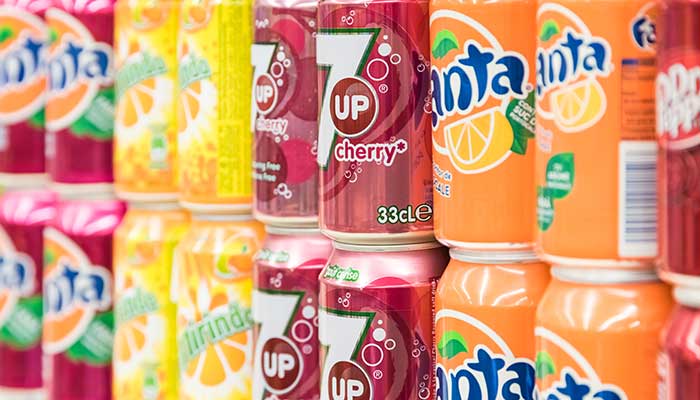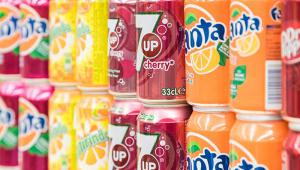In a report released to coincide with World Obesity Day yesterday, the WHO called for fiscal policies that increase the cost of sugary drinks by 20%.
Douglas Bettcher, director of WHO’s Department for the Prevention of Non-Communicable Diseases, explained that this could “reduce suffering and save lives” by reducing obesity, Type 2 diabetes, and tooth decay.
“They can also cut healthcare costs and increase revenues to invest in health services,” he added.
The number of people living with diabetes has risen from 108 million in 1980 to 422 million in 2014, with an estimated cost of $825bn per year. The disease was directly responsible for 1.5 million deaths in 2012 alone.
In the same period, the number of obese adults has also more than doubled, with 11% of men and 15% of women (more than half a billion people) being classified as obese.
In 2014, more than 1 in 3 (39%) of adults were overweight. A year later, an estimated 42 million children aged under five were overweight or obese – an increase of 11 million during the past 15 years.
Almost half (48%) of those children lived in Asia, and 25% in Africa.
“Nutritionally, people don’t need any sugar in their diet,” pointed out Francesco Branca, director of the WHO’s Department of Nutrition for Health and Development.
“WHO recommends that if people do consume free sugars, they keep their intake below 10% of their total energy needs, and reduce it to less than 5% for additional health benefits.
“This is equivalent to less than a single serving (at least 250ml) of commonly consumed sugary drinks per day.”
People consume over 1.9 billion servings of Coca Cola globally, every day, according to the brand’s website. This is across more than 200 countries in which it is sold.
Studies have suggested that people living on low-incomes, including children and young people, consume the most sugary drinks. These groups are also the most responsive to changes in food and beverage prices, the WHO pointed out. They therefore stand to gain the highest health benefits.
Countries with the highest consumption of fizzy drinks (not including sugary fruit juices) per capita in 2014 included Argentina, the US, Chile, Mexico and Uruguay.
In the same year, Mexico introduced a 10% tax on sugar sweetened drinks in hopes of reversing a trend that had seen it overtake the US as the most obese country in the world. In the first year, sugary fizzy drink sales were cut by 12%, which rose to 17% in the poorest households.
The UK, where health officials have warned that the average five-year-old is consuming the equivalent of their body weight in sugar in the course of a year, has also introduced a similar tax, as well as Hungary.
The Philippines, South Africa and Northern Ireland have also announced their intentions to implement taxes on sugary drinks.
But similar taxes have failed in Denmark and California to yield results, while other methods, such as marketing strategies, have proved more effective in the US. Some argue that taxes should be combined with such strategies, as well as measures to nudge people in the direction of healthier alternatives.














